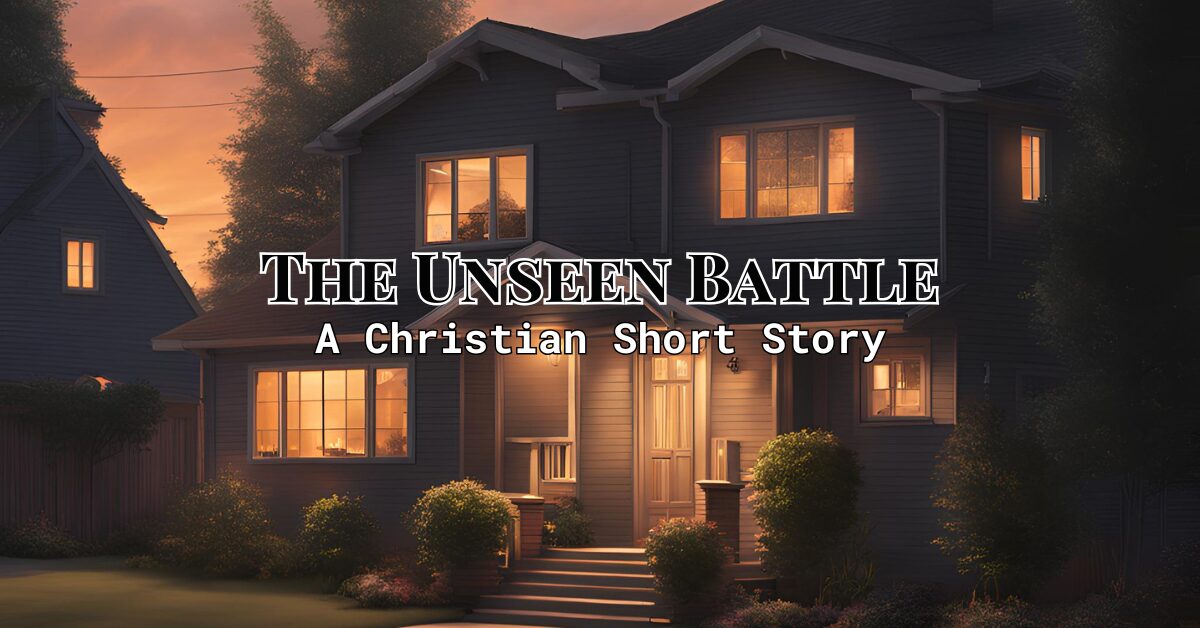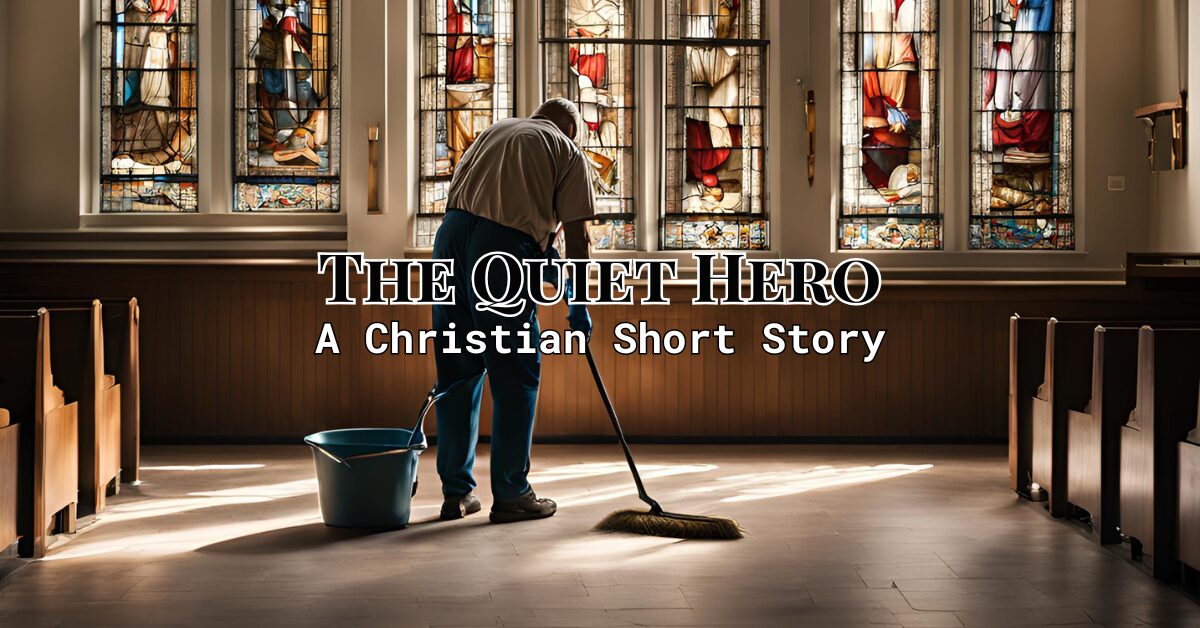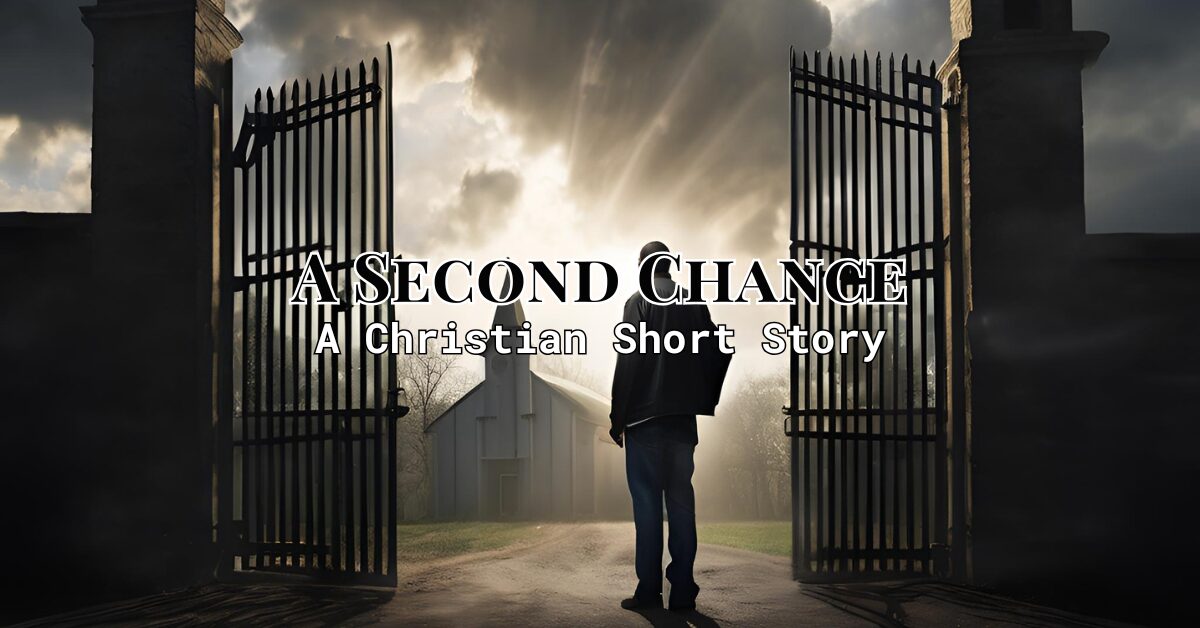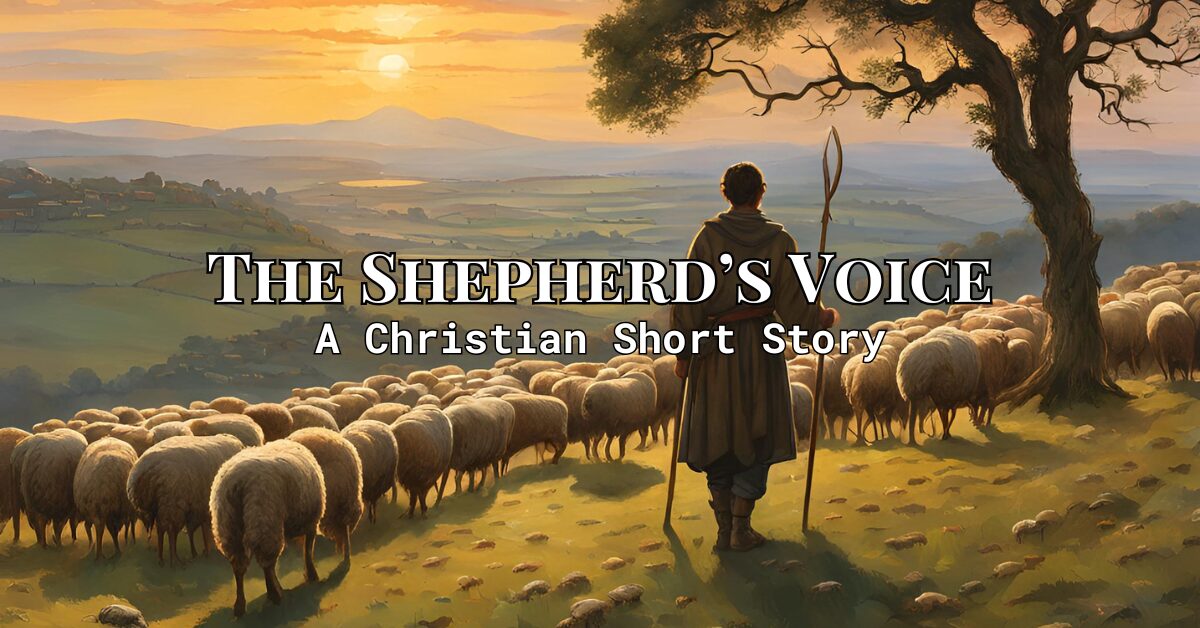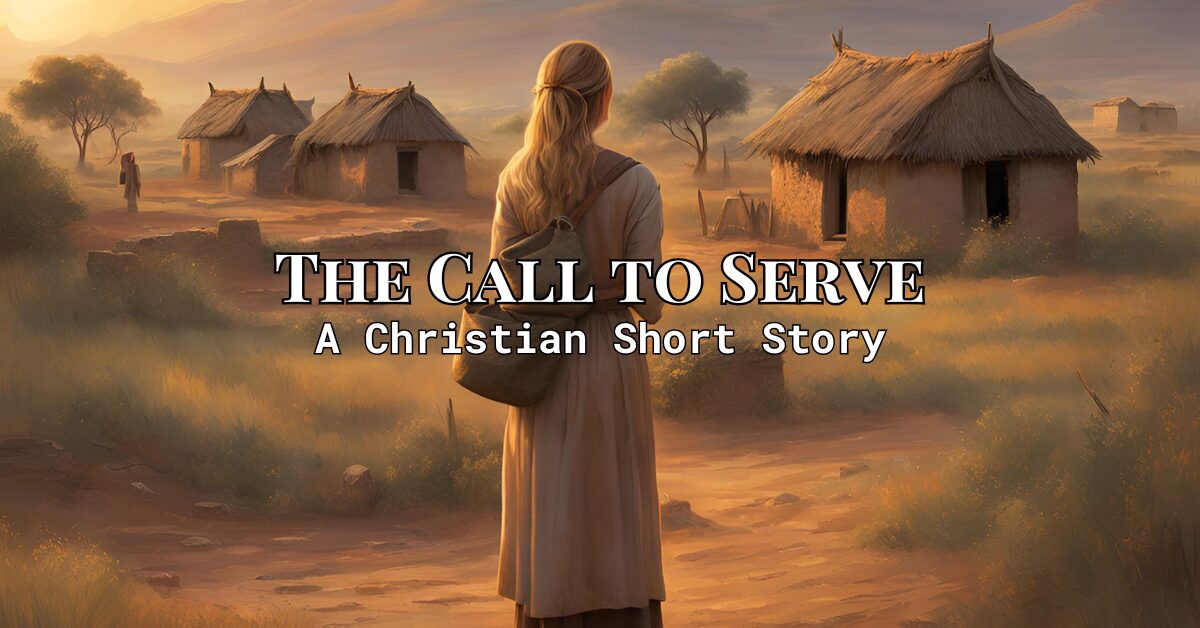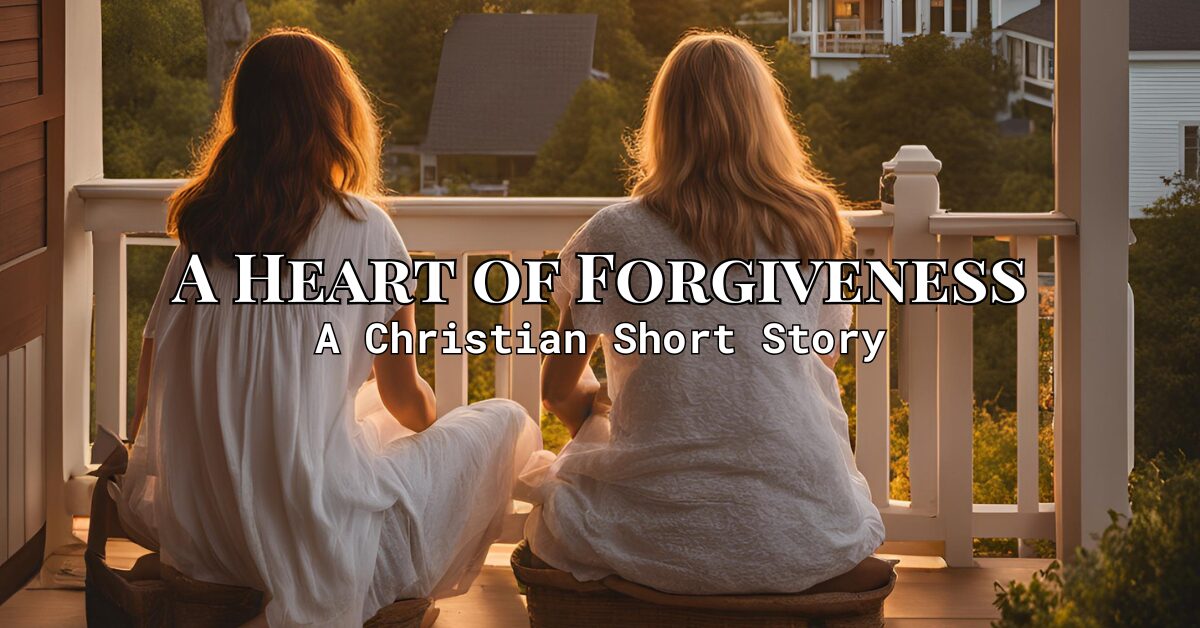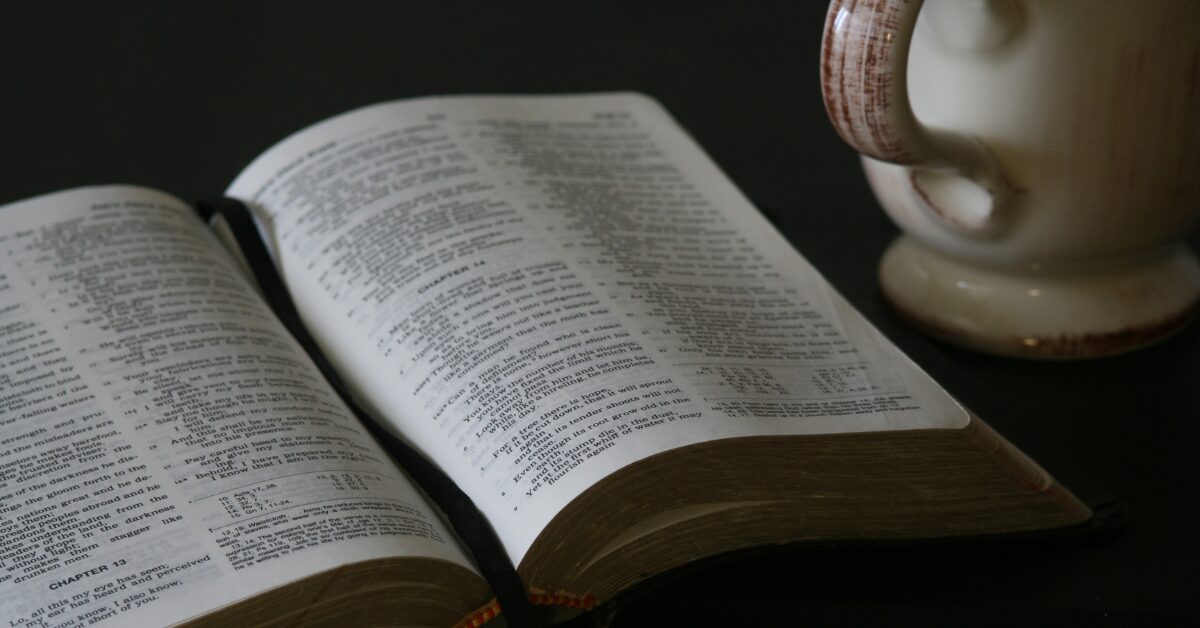Chapter 1: Dreams of the Big City
The sun was setting over Crestwood, painting the sky in deep shades of orange and purple. A quiet town tucked away from the bustling world, Crestwood was where everyone knew everyone else’s name, where neighbors exchanged pies and gossip, and where the Davis family had lived for generations. The Davis farm was humble but fruitful, with acres of cornfields and a small dairy operation that had sustained them for decades. To most people, it was the picture of the simple life—a good life.
But for Luke Davis, it had become a prison.
Luke stood by the old wooden fence that bordered the family’s property, gazing at the endless rows of corn stretching out into the distance. The chirping of crickets and the occasional lowing of cows filled the warm evening air, sounds he had grown up with. But instead of comforting him, the familiar noises only fueled the frustration boiling inside.
He was twenty-two, tall and broad-shouldered from years of working on the farm. But in his heart, he felt far removed from the life his family had built. His father, John, was a proud man—quiet but strong, with calloused hands that spoke of decades of labor. His mother, Mary, was the heart of the home, nurturing and loving, and always full of wisdom and faith. Together, they were content with their life in Crestwood, proud of their farm and their faith.
But Luke wanted more.
He had heard the stories of friends who had left Crestwood for the city—stories of opportunity, of excitement, of success that went beyond the confines of farm life. The city beckoned to him like a distant promise of something bigger, something better. Luke was tired of the predictable rhythm of small-town life. He was tired of being tied to a place that felt too small for his dreams.
Dinner that night was quiet, the sound of utensils clinking against plates filling the room. John, as always, led the family in prayer before they ate, his voice deep and steady. But Luke barely listened. His mind was elsewhere—on the city, on the life he wanted to create for himself.
“So, Luke,” John began, breaking the silence, “how’d things go with the Miller’s tractor today? Did you manage to fix it?”
Luke shrugged, not looking up from his plate. “Yeah, it’s working fine now.”
John nodded, satisfied with the answer. But Mary, sitting across the table, noticed the tension in her son’s posture. She had seen it building for months, the way Luke seemed distant, the way he avoided conversations about the farm’s future. She could feel the storm coming, even if her husband couldn’t.
“What’s on your mind, Luke?” Mary asked gently, her eyes soft with concern.
Luke glanced up at her, then at his father, before setting his fork down. His heart raced as he prepared to say the words he had been rehearsing for weeks.
“I’m leaving, Mom,” Luke said, his voice more steady than he felt. “I’m going to the city. I’ve saved up enough, and it’s time I did something for myself.”
The words hung in the air like a punch to the gut. John froze, his fork halfway to his mouth, while Mary’s face paled with shock.
“What are you talking about?” John asked, his brow furrowing in confusion. “Leaving? For where?”
Luke sighed, feeling the frustration rise in his chest. “For the city, Dad. I’ve been thinking about this for a long time. There’s nothing for me here. I’m not cut out to spend the rest of my life on this farm.”
John’s jaw clenched, and his eyes darkened. “What do you mean, nothing here? This farm has been in our family for generations. It’s a good life. A hard life, but a good one.”
Luke shook his head, pushing back from the table. “Maybe for you, but not for me. I don’t want this life, Dad. I want more. I want to make something of myself.”
John slammed his fist on the table, rattling the dishes. “Make something of yourself? You think what we do here doesn’t matter? You think you’re better than this?”
Luke recoiled at the anger in his father’s voice but held his ground. “That’s not what I’m saying. I just… I need to figure out who I am, and I can’t do that here.”
Mary, her eyes filled with tears, reached across the table to grab Luke’s hand. “Luke, honey, we don’t want to lose you. The city… it’s not what you think. It’s easy to get lost there. Please, stay. We can talk about this.”
But Luke pulled his hand away, standing up from the table. “I’ve already made up my mind, Mom. I’m leaving tomorrow.”
The silence that followed was suffocating. John sat rigid, his fists clenched at his sides, while Mary silently wept. Luke couldn’t bring himself to look at them. He knew how much he was hurting them, but the pull of the city, the promise of something more, was too strong.
Without another word, Luke turned and walked out of the house, leaving behind the only life he had ever known.
Chapter 2: Chasing Shadows
The city was everything Luke had dreamed it would be—and more.
The skyscrapers rose high above the streets, their glass facades glinting in the sunlight. The sidewalks were packed with people, all moving with purpose, like a river of ambition flowing through the concrete jungle. The energy of the city was intoxicating, and for the first time in his life, Luke felt alive.
He found a small apartment in a run-down building on the edge of downtown. It wasn’t much—just a single room with a tiny bathroom and a kitchenette—but it was his. It was a start. With his savings, he managed to get by for the first few weeks, spending his days exploring the city and his nights dreaming of the success that awaited him.
Eventually, Luke found a job at a high-end restaurant, working as a bartender. The pay wasn’t great, but the tips were good, and it gave him a chance to meet people, to network. He quickly made friends with some of the other young professionals who frequented the bar—people who, like him, had come to the city to chase their dreams.
For a while, life was good. Luke immersed himself in the city’s nightlife, attending parties and rubbing shoulders with people who seemed to have it all—money, power, success. He bought expensive clothes, went to trendy restaurants, and lived the life he had always wanted.
But as time went on, the cracks began to show.
The city, once full of promise and excitement, started to feel hollow. The friendships he had made were shallow, based more on convenience than genuine connection. The parties, the late nights, the constant chase for the next big thing—it all started to blur together, leaving Luke feeling empty.
The money he had saved began to dwindle. The restaurant business wasn’t as lucrative as he had hoped, and as his bills piled up, Luke found himself struggling to keep up. He took on extra shifts, working long hours just to make ends meet. But no matter how hard he worked, it never seemed to be enough.
One night, after a particularly grueling shift, Luke sat alone in his apartment, staring out the window at the city lights. The vibrant energy that had once drawn him in now felt distant, like a faint echo of something he couldn’t quite reach.
He thought about his parents, about the life he had left behind. He hadn’t spoken to them since he left Crestwood. His mother had tried calling in the beginning, but he had ignored her messages, too ashamed to admit that things weren’t going the way he had planned.
For the first time in months, Luke felt the weight of his choices bearing down on him. He had come to the city to prove something—to himself, to his family, to the world. But instead, he had lost himself.
Tears filled his eyes as he whispered into the darkness, “What have I done?”
Chapter 3: Falling Hard
The downward spiral came fast and hard.
Luke’s financial situation continued to deteriorate. The extra shifts at the restaurant weren’t enough to cover his mounting bills, and soon he found himself facing eviction. Desperation set in, and he began borrowing money from friends—first a little, then a lot. But as the debts piled up, so did the pressure.
The friends he had made in the city began to distance themselves. The people who had once invited him to parties and introduced him to opportunities now saw him as a burden. His phone calls went unanswered, and soon, he was alone.
The final blow came when he was fired from the restaurant. A disagreement with his manager had escalated into an argument, and before Luke knew it, he was out of a job. With no income, no savings, and no one to turn to, he was evicted from his apartment within weeks.
Luke found himself homeless, sleeping on park benches and wandering the streets in search of work. The city that had once seemed so full of promise now felt like a prison, its towering buildings casting long shadows over his shattered dreams.
One night, as he huddled under a bridge for shelter, the cold wind biting at his skin, Luke hit rock bottom. He had nothing left—no money, no job, no friends. He had left his family behind, convinced that he could make it on his own. But now, he was lost.
For the first time in years, Luke prayed.
“God,” he whispered, his voice trembling with emotion, “I’m sorry. I don’t know if You’re even listening, but I’m sorry. I’ve made a mess of everything. Please… help me.”
The words hung in the air, carried away by the wind. Luke sat in the darkness, waiting for some sign, some indication that God had heard him. But there was nothing—only the distant sound of the city, indifferent to his pain.
Then, in the stillness of that moment, a thought came to him, clear and persistent: Go home.
Chapter 4: The Journey Home
The decision to return home was not an easy one.
Luke wrestled with the idea for days, torn between the shame of his failure and the hope that his family might still welcome him back. He had left Crestwood so sure of himself, so confident that he didn’t need anyone. How could he return now, broken and defeated, with nothing to show for the years he had been gone?
But the thought of home—the familiar warmth of his mother’s embrace, the steady presence of his father—drew him in, like a beacon guiding him through the storm. He had nowhere else to go.
With the little money he had left, Luke bought a bus ticket back to Crestwood. The journey was long, and with each passing mile, his anxiety grew. He imagined the look of disappointment on his father’s face, the sadness in his mother’s eyes. He had failed them in every way, and now he was coming back, not as the successful man he had once dreamed of being, but as a beggar seeking refuge.
The bus pulled into the small station on the edge of town, and as Luke stepped off, a wave of memories washed over him. The streets, the buildings, the people—everything was just as he had left it. Crestwood hadn’t changed, but Luke had.
He made his way down the familiar dirt road leading to the family farm. His heart pounded in his chest with each step, and he rehearsed what he would say when he saw his parents again. I’m sorry. I made a mistake. Please forgive me.
When he reached the farmhouse, Luke hesitated at the gate, staring at the home he had once taken for granted. The porch light was on, casting a soft glow over the yard, and for a moment, he could see his father sitting in his usual chair, reading the newspaper. It was as if time had stood still, as if the years he had spent away had been nothing more than a dream.
Taking a deep breath, Luke walked up to the front door and knocked.
A few moments later, the door opened, and there stood his father, John Davis, looking older than Luke remembered but just as strong. His father’s eyes widened in surprise, and for a long moment, neither of them spoke.
Finally, Luke found his voice, though it trembled with emotion. “Dad… I’m sorry. I messed up. I messed up bad. I don’t know if you’ll want me back, but… I’m here.”
John stood there, his face unreadable, and Luke braced himself for the anger, the disappointment, the rejection he felt he deserved. But instead, his father stepped forward and pulled him into a tight embrace.
“Welcome home, son,” John whispered, his voice thick with emotion.
Luke stood there, stunned, as tears streamed down his face. He had expected judgment, had prepared himself for the worst. But instead, his father had welcomed him with open arms, just as if he had never left.
Chapter 5: The Weight of Guilt
The days that followed were a mixture of joy and sorrow for Luke.
His mother, Mary, had cried tears of joy when she saw him, pulling him into her arms and thanking God for his safe return. She had never stopped praying for him, even when months had passed without a word. For her, his homecoming was an answer to those prayers—a miracle.
But for Luke, the weight of guilt was heavy. He had hurt them so deeply, turned his back on everything they had tried to teach him, and now, he was back, not because he had succeeded but because he had failed.
His father’s forgiveness had been immediate, but Luke struggled to forgive himself. He spent his days helping out on the farm, working alongside his father just as he had when he was younger. The physical labor, though exhausting, was a welcome distraction from the storm of emotions raging inside him.
One evening, after a long day in the fields, Luke sat on the porch with his father, the setting sun casting a warm glow over the farm. They sat in comfortable silence for a while before John finally spoke.
“You’ve been quiet since you got back,” John said, his voice gentle. “What’s on your mind?”
Luke hesitated, staring out at the fields, his heart heavy with the burden of guilt. “I don’t understand how you can forgive me so easily,” he admitted, his voice barely above a whisper. “After everything I did… after the way I left… I don’t deserve your forgiveness.”
John leaned back in his chair, his eyes fixed on his son. “You think my forgiveness is something you have to earn?”
Luke nodded, the shame of his failures weighing him down. “I messed up, Dad. I made so many mistakes. I hurt you and Mom. How can you just welcome me back like nothing happened?”
John’s expression softened as he leaned forward, resting his elbows on his knees. “You’re my son, Luke. Nothing you could ever do would change that. I’m not angry at you for leaving. I’m just glad you’re home.”
Luke’s throat tightened as tears threatened to spill over. “But I’ve done nothing to deserve it.”
John smiled gently, his eyes filled with warmth. “That’s the thing about love, son. It’s not about what you deserve. It’s about grace.”
Luke stared at his father, the weight of his words sinking in. Grace. It was a word he had heard so many times in church growing up, but he had never fully understood its meaning until now. His father’s love, his forgiveness—it wasn’t something Luke could earn or repay. It was a gift, freely given.
And for the first time since he had returned home, Luke began to see that his father’s forgiveness wasn’t just about him—it was a reflection of God’s love, a love that had been waiting for him all along.
Chapter 6: Finding God Again
As the weeks passed, Luke began to settle back into life in Crestwood. The rhythm of the farm, once so suffocating, now brought him a sense of peace he hadn’t felt in years. Working alongside his father, repairing fences, tending to the crops—it was hard, honest work, but it grounded him in a way that the city never had.
But even as he found his place again in his family and in the community, there was something deeper stirring in Luke’s heart.
It started with the invitation to church.
One Sunday morning, his mother gently knocked on his bedroom door. “Luke, honey, would you like to come to church with us today?”
Luke had hesitated, the memories of his last visit to church flooding back. It had been years since he had stepped inside a sanctuary, years since he had prayed, years since he had even thought about God. The thought of returning filled him with a mixture of guilt and longing.
“I don’t know, Mom,” Luke had said, his voice uncertain. “I’m not sure I’m ready.”
Mary had smiled, her eyes filled with understanding. “That’s okay, Luke. You don’t have to be ready. Just come as you are.”
And so, reluctantly, Luke had agreed.
The small country church was just as he remembered it—wooden pews, stained-glass windows, the familiar faces of the congregation. It felt strange to be there, surrounded by people who had known him his whole life, people who had watched him leave and now welcomed him back without question.
The service that day was on the parable of the prodigal son.
Luke sat in the pew, his heart pounding as the pastor spoke of the young man who had left his father’s house, squandered his inheritance, and found himself lost and broken. It was a story Luke knew well—a story he had heard countless times growing up. But now, sitting there, it felt different.
It was his story.
The pastor spoke of the father’s unconditional love, the way he had welcomed his son back with open arms, despite everything. He spoke of the grace that had been extended, not because the son deserved it, but because the father loved him.
Tears filled Luke’s eyes as the pastor’s words echoed in his heart. He had been the prodigal son, running away from everything that mattered, chasing after empty promises, only to find himself lost and broken.
And yet, his father had welcomed him home.
As the service ended, Luke sat in the pew for a long time, his heart heavy with the weight of realization. He had spent so long trying to do things his way, convinced that he didn’t need God, that he didn’t need anyone. But now, he saw how wrong he had been.
He bowed his head and prayed, not a formal prayer, but a heartfelt cry for forgiveness, for healing, for grace.
“God,” he whispered, his voice trembling with emotion, “I’m sorry. I’m so sorry for running away, for thinking I didn’t need You. Please, take me back.”
And in that moment, Luke felt something he hadn’t felt in a long time—peace.
Chapter 7: New Beginnings
The days turned into weeks, and slowly, Luke began to rebuild his life—not just physically, but spiritually. His relationship with his family, once strained by his departure, grew stronger with each passing day. He found joy in the simple things—helping his father on the farm, sharing meals with his mother, reconnecting with old friends.
But more importantly, Luke found his way back to God.
His faith, once a distant memory, began to take root again in his heart. He attended church regularly, prayed with his family, and found a sense of belonging in the community he had once rejected. The anger, the bitterness, the restlessness that had driven him away had been replaced by a quiet peace—a peace that came from knowing that he was loved, forgiven, and accepted.
One evening, as Luke sat on the porch with his father, watching the sun set over the fields, he felt a deep sense of contentment. The restlessness that had once driven him away was gone, replaced by a quiet peace.
“You’ve come a long way, son,” John said, breaking the silence.
Luke smiled, nodding. “I have. And I couldn’t have done it without you and Mom.”
John’s eyes softened. “We never stopped praying for you, Luke. We knew you’d come back.”
Luke looked out at the fields, the familiar sight bringing a sense of warmth to his heart. He had spent so long running, so long searching for something that had been right in front of him all along—family, faith, love.
“I’m glad I came home,” Luke said quietly. “I was lost, but now I’m found.”
John smiled, his eyes filled with pride. “Welcome home, son.”
And as the sun dipped below the horizon, casting the fields in a golden glow, Luke felt the fullness of grace washing over him—a grace that had brought him home, a grace that had healed his broken heart, and a grace that would carry him forward into a new beginning.
The End
Also Read: Angels Among Us


